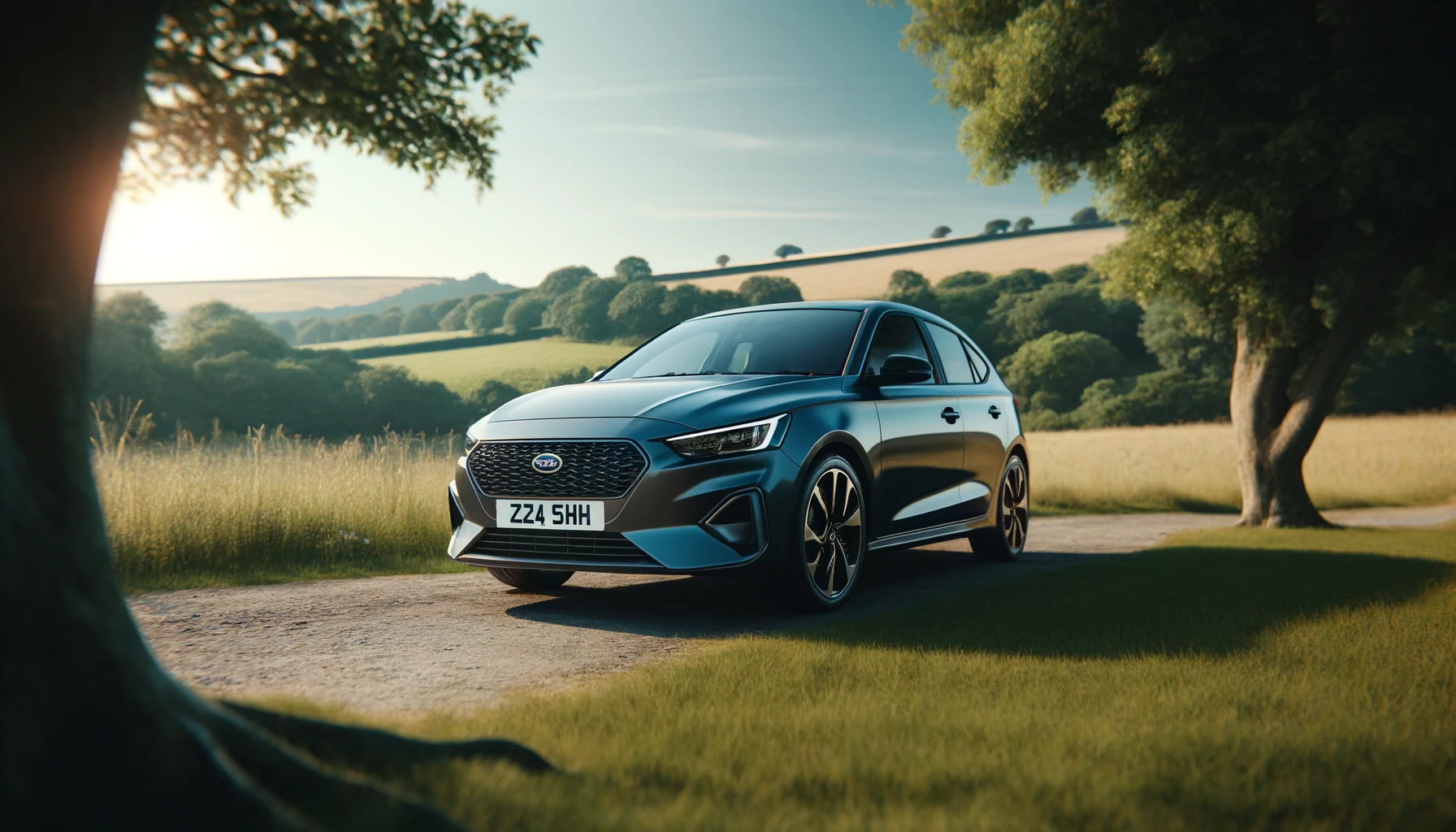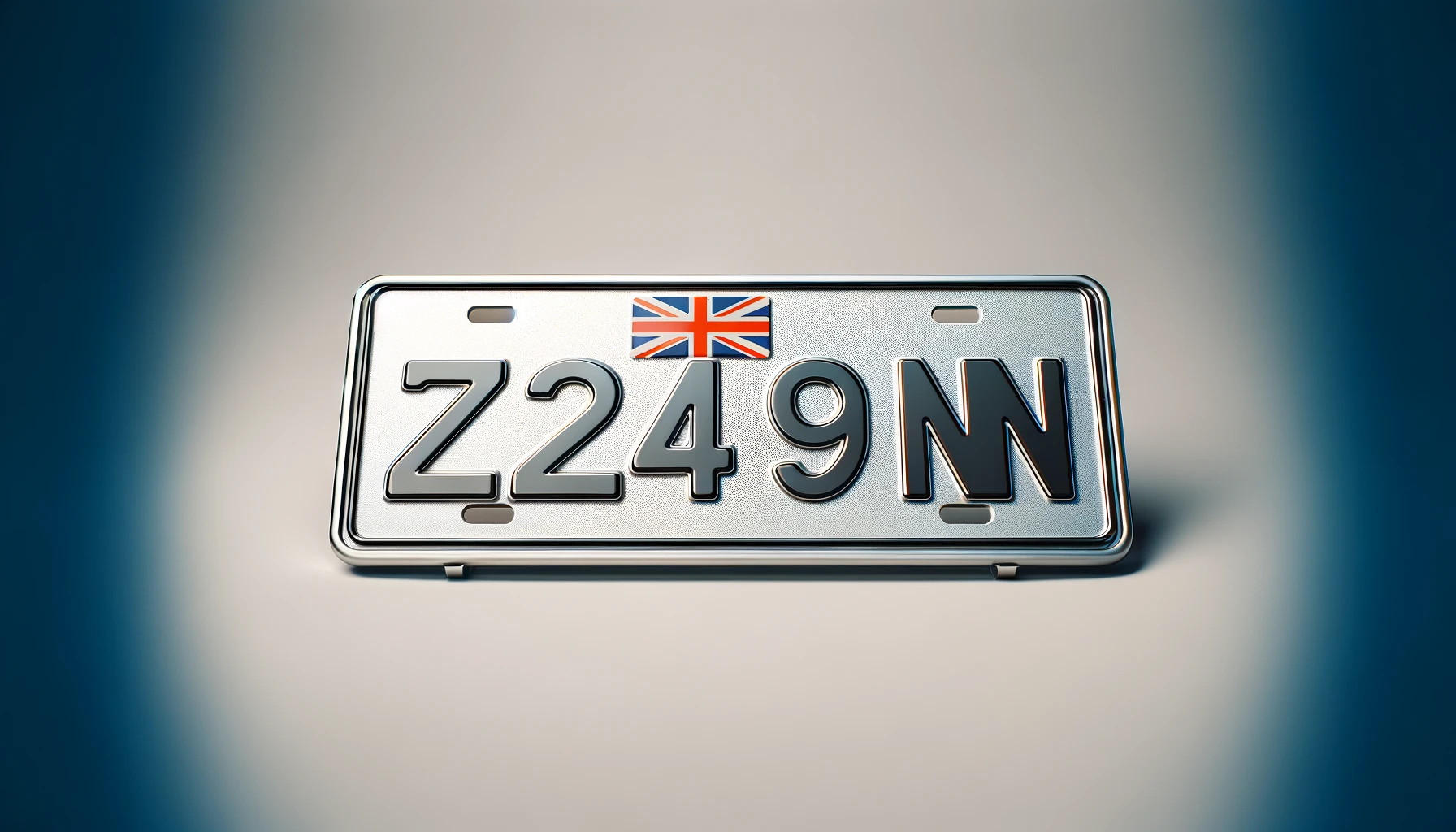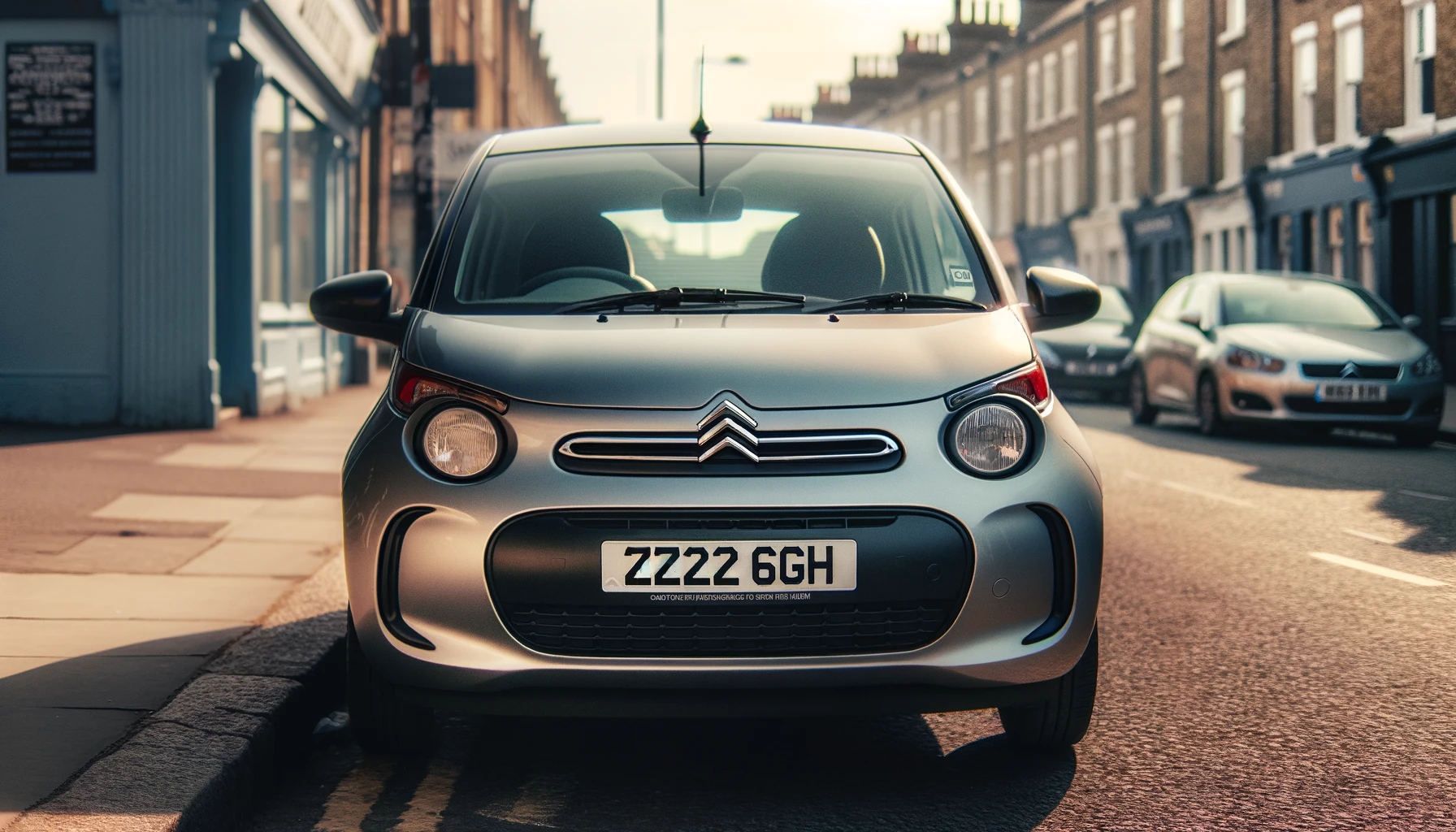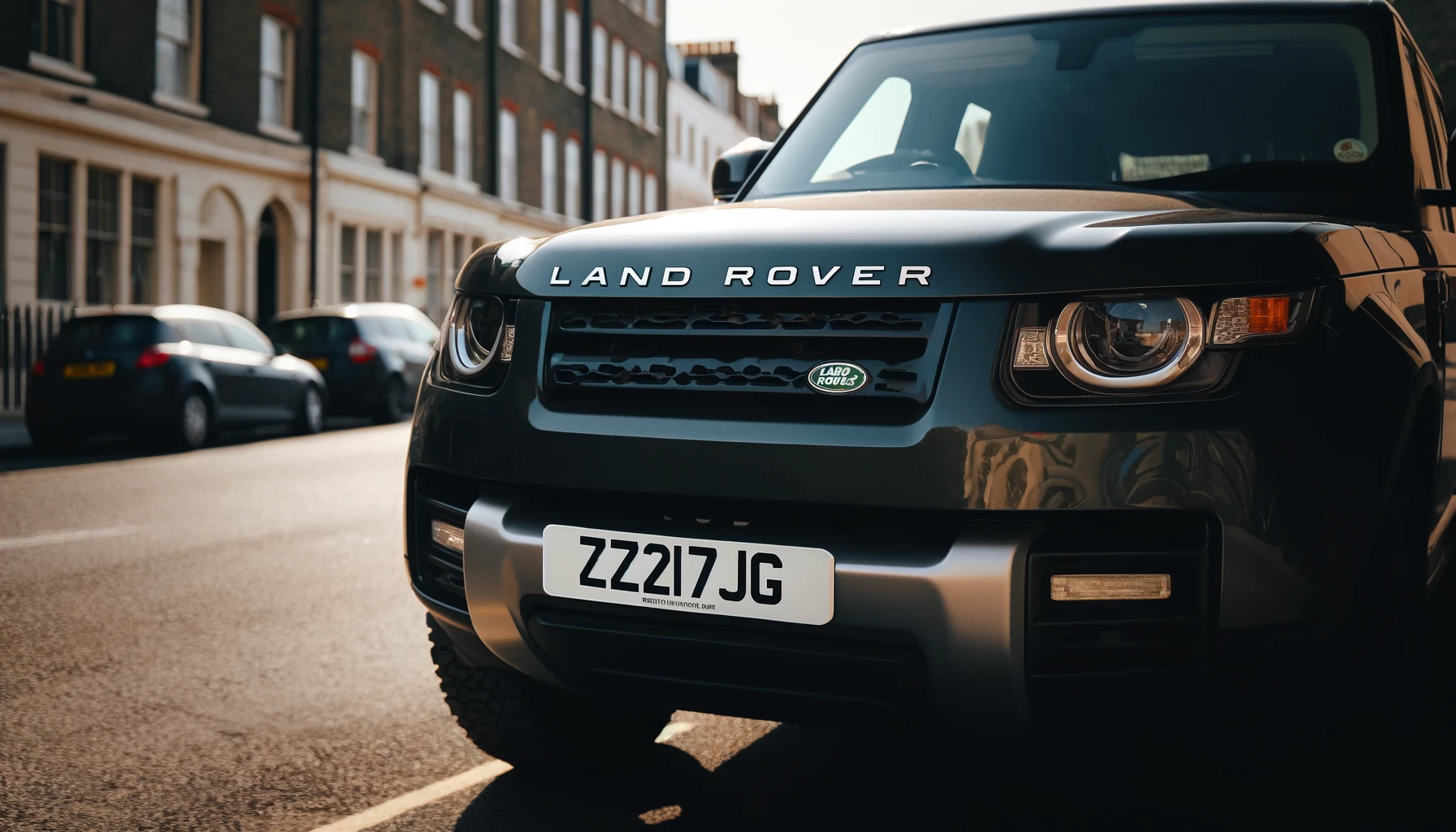With vehicle personalisation, choosing the right type of number plate is important for car owners.
This article compares acrylic and aluminium number plates, two predominant options in the market.
Each material offers unique benefits and drawbacks, influencing aesthetics, durability, and cost.
Whether you're updating your current vehicle or personalising a new one, understanding these differences is key to making an informed decision.
We will examine the characteristics, advantages, and legal considerations of both acrylic and aluminium plates, assisting you in determining the best choice for your vehicle.
What are Acrylic Number Plates

Acrylic number plates are fashioned from a durable plastic material known as acrylic.
These plates are favoured for their lightweight nature and ease of handling during the fitting process.
One of the standout features of acrylic plates is their versatility in customisation.
Owners can choose from a wide array of fonts, colours, and designs, allowing for a personal touch to their vehicle.
Additionally, these plates boast resistance to rust and corrosion, making them a viable option for long-term use.
Their durability in varying weather conditions also adds to their appeal among car enthusiasts.
What are Aluminium Number Plates

Crafted from a robust metal alloy, aluminium number plates offer a blend of sturdiness and elegance.
Their sleek, professional look is especially appealing for commercial use or classic car enthusiasts.
Apart from their aesthetic appeal, these plates are known for their exceptional resistance to fading and adverse weather conditions, ensuring they maintain their quality over time.
The reflective quality of aluminium plates enhances vehicle visibility in dim conditions, contributing to safety.
Given these attributes, aluminium number plates are a premium choice for those seeking durability and a refined appearance for their vehicles.
Cost
When it comes to cost, acrylic number plates typically present a more affordable option compared to their aluminium counterparts.
This cost-effectiveness makes acrylic plates an attractive choice for car owners mindful of their budget.
However, it's crucial to consider not just the initial purchase price but also the longevity and maintenance expenses over time.
Aluminium plates, while more costly upfront due to superior material and manufacturing processes, may offer greater value in the long run through durability and minimal upkeep.
For cost-conscious car owners, utilising a plate builder tool can help in making an informed decision.
Materials

Acrylic plates utilise acrylic plastic, a material celebrated for its lightness and adaptability.
This contrasts with aluminium plates, which are made from a hard-wearing metal alloy, ensuring strength and resistance against physical damage.
The choice between acrylic and aluminium fundamentally boils down to personal preference and specific needs.
Acrylic offers more in terms of customisation and is easier to handle, while aluminium boasts superior durability and a polished look.
Understanding the properties of each material can guide car owners in selecting a number plate that aligns with their vehicle's aesthetic and functional requirements.
Durability
Durability is a vital consideration in selecting number plates.
Acrylic options, while resistant to impact and scratches, may not endure extreme conditions as effectively as aluminium plates.
The metal construction of aluminium plates renders them exceptionally resilient to bending, warping, and physical damage, suited for challenging environments.
The choice between acrylic and aluminium should be informed by factors like climate exposure and the vehicle’s usage patterns.
For individuals requiring number plates that withstand harsh conditions and time, aluminium emerges as the standout choice due to its inherent robustness and longevity.
Legal Compliance

In the UK, both acrylic and aluminium number plates must conform to strict legal standards concerning size, font, spacing, and reflectivity to ensure visibility and recognition.
Vehicle owners must ensure their number plates meet these criteria to avoid penalties.
While both materials are legal, specific rules may govern their use, especially for commercial vehicles.
It’s advisable to familiarise yourself with the latest regulations to ensure compliance.
Adhering to legal requirements not only avoids fines but also guarantees that the plates contribute to the safety and identification of the vehicle.
Choosing the Right One for You
Deciding between acrylic and aluminium number plates boils down to balancing priorities such as cost, appearance, and longevity.
If personalisation and budget are your main concerns, acrylic plates might be the ideal fit and offer customisation at a lower price point.
However, for those valuing durability and a classic look, aluminium plates are worth the investment.
Consider your vehicle's use, the conditions it will face, and how you want it to be perceived.
Assessing both materials' advantages and limitations in light of your specific needs will lead to a choice that enhances your vehicle's appeal and functionality.
Choosing between acrylic and aluminium number plates hinges on individual preferences and vehicle requirements.
If you’re interested in acrylic plates, contact us at Demon Plates for a range of customisable options that guarantee quality, affordability, and compliance with legal standards that still reflects your style and meets your needs.
